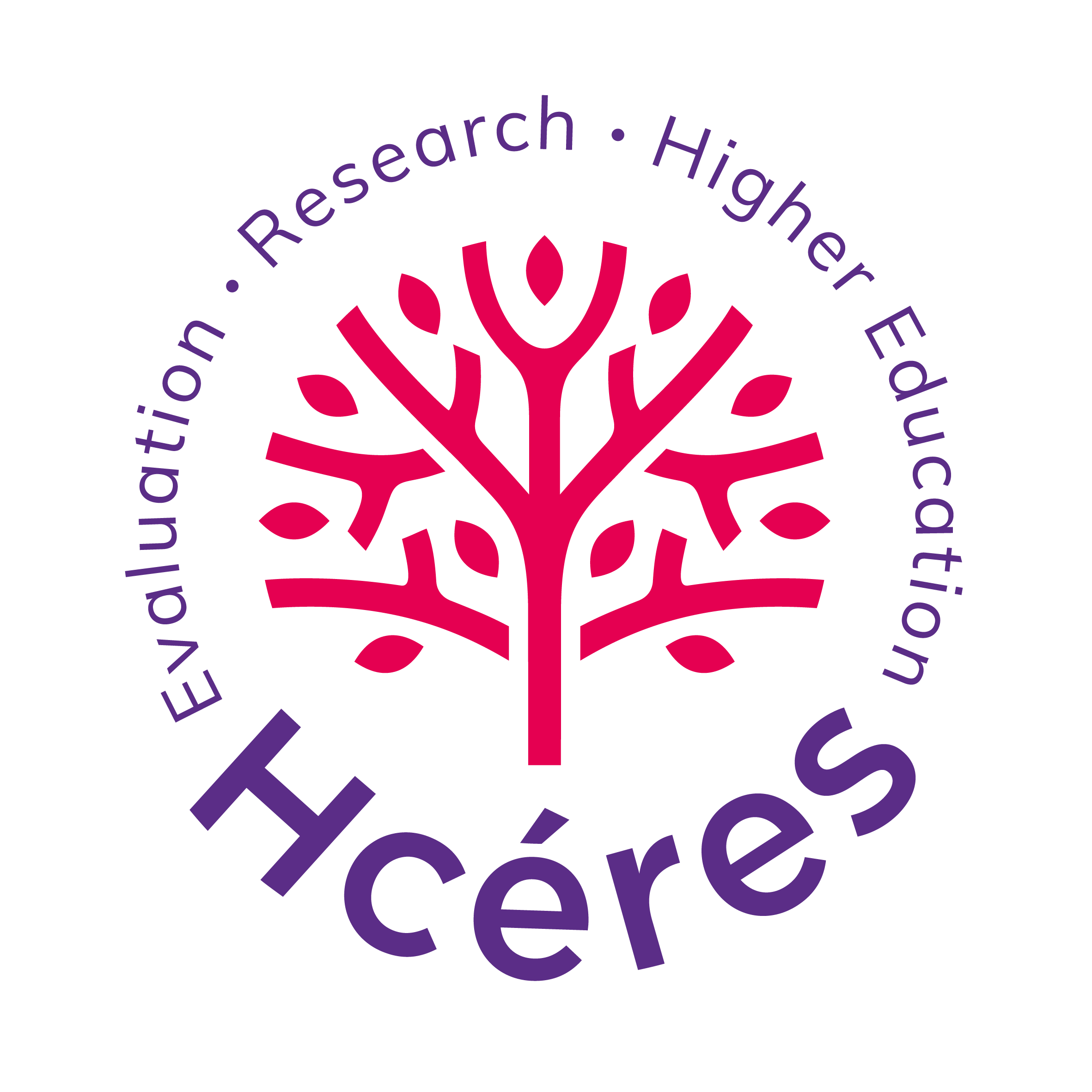Higher education and research in France overview and external evaluation
Although higher education is not run exclusively by the State in France, only 18% of the students are enrolled in private institutions, made up mainly of confessional institutes, business and management schools, engineering schools and art schools. The vast majority of higher education is therefore in the public sector.
Public higher education institutions
The institutional landscape is distinguished by the great diversity of categories of institution: universities, Grandes Ecoles, schools and institutes, etc. Their status may differ, but all of them enjoy varying degrees of autonomy in their management. They are governed by a board elected by the teaching staff, administrative staff and students. They are managed by a president or director.
To limit the possible drawbacks of higher education being divided between such a large number of players, the law recommends that they should group together. “In a given territory, which may be that of one or more regional education authorities, the higher education institutes and partner research bodies shall coordinate their study programmes and research and transfer strategy, on the basis of a shared project” (Art. L. 718-2 of the French Education Code)
Particular attention must be given to universities. Over 60% of the student population (2.5 million) are enrolled in them.
The universities are public institutions of a scientific, cultural and vocational nature (EPCSCP) and are multidisciplinary, being made up of teaching and research units (UFR) and sometimes of internal institutes. They enjoy very extensive autonomy.
Study programmes
The schools and most of the institutes have selective admissions procedures. The training lasts at least three years and is often preceded by two years of preparatory classes.
The study programmes dispensed by the universities are organised in three cycles (bachelor’s, master’s and doctoral degree) in accordance with the Bologna Process.
Access to the first cycle “is open to all holders of the baccalaureate and to those who have obtained an equivalent or dispensation by providing evidence of a qualification or experience that is deemed sufficient” (Art. 1 of the Law on Student Guidance and Success of 8 March 2018) The bachelor’s degree is delivered after 1,500 hours of teaching and supervision giving 120 ECTS. The second cycle is accessible after obtaining the bachelor’s degree and is organised in four semesters of studies giving 120 ECTS. In the third and final cycle, the doctorate is awarded after a viva voce of a thesis.
As the State has a monopoly on the delivery of university qualifications, the diplomas are national. The State is responsible for ensuring their quality. To this effect, the study programme provision is the subject of an evaluation prior to the accreditation of the institutions, authorising them to deliver the qualifications.
French research policy is conducted by the Ministry for Higher Education, Research and Innovation. It defines the main orientations and allocates resources.
It implements the “National Research Strategy” set out in the Law of 23 July 2013 and debated within the Strategic Council for Research. It has a twofold ambition: to uphold France’s ranking among the world’s leading research powers, and to enable French research to take up the scientific, technological, environmental and societal challenges of the 21st century.
Public research is conducted by a number of different operators. The most important ones are the universities and other higher education institutions on the one hand, and the research bodies on the other. The latter are a specific feature of the organisation of research in France. They are divided into two legal categories: some are public science and technology institutions (EPST) and the others public industrial and commercial institutions (EPIC).
A large number of highly diverse types of institutions also play a role in research, such as competitiveness clusters, scientific cooperation foundations and university foundations, etc.
The research units are either specific to a single operator or mixed, meaning that they are common to two or more operators.
All in all, 169,100 people work in public research, including 104,900 researchers. Within the European Union, France ranks second by its number of researchers, behind Germany but ahead of the United Kingdom.
Hcéres can be described as the external evaluation body under ordinary law, but it does not have a monopoly.
In theory, many evaluation bodies could be created. The law states that the High Council “may conduct evaluations directly or check the quality of those conducted by other bodies by validating their procedures.” The evaluated institution has the right to turn to another body, but if it does so, that body must submit its evaluation procedure to the High Council for validation.
To date, only one such application has been approved.
Alongside Hcéres, there are three standing commissions, each working within a defined scope:
- The Commission for Engineering Qualifications (CTI) is responsible for the periodic evaluation of all engineering study programmes for the purposes of the accreditation of engineering schools to deliver engineering qualifications.
- The Commission for Qualifications issued by Business Schools (CEFDG) has competence in particular to evaluate the business and management study programmes dispensed by private and consular higher education institutions.
- The National Advisory Commission of the University Technology Institutes (CCN-IUT) is consulted by the Ministry for Higher Education on questions of general interest relating to the University Technology Institutes, their teaching and qualifications.
- Hcéres validates the evaluations conducted by the CTI which is recognised by ENQA and listed in the EQAR European Register. The application files for the CEFDG and CCN-IUT are currently being prepared.



